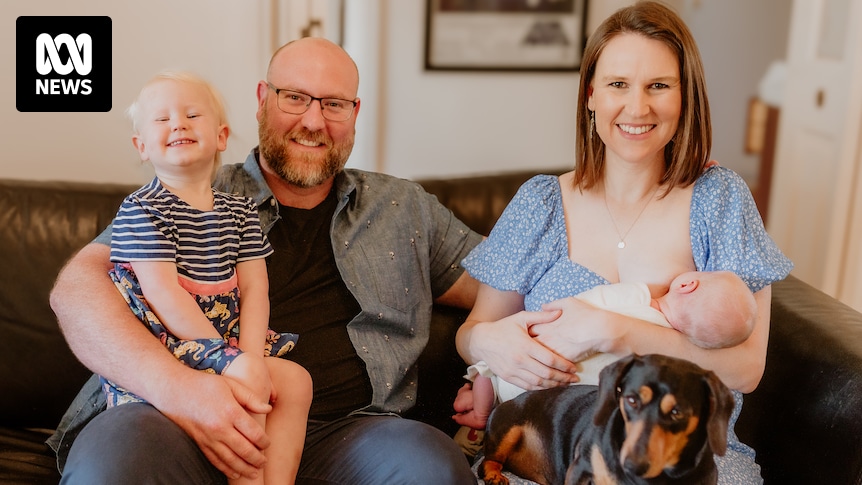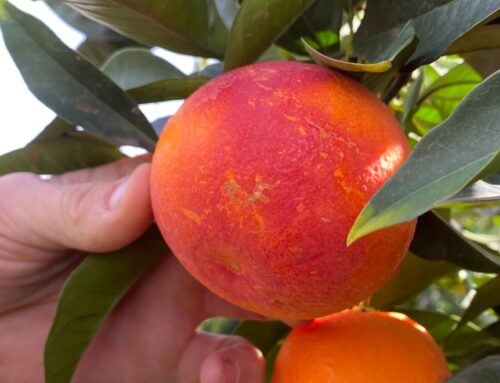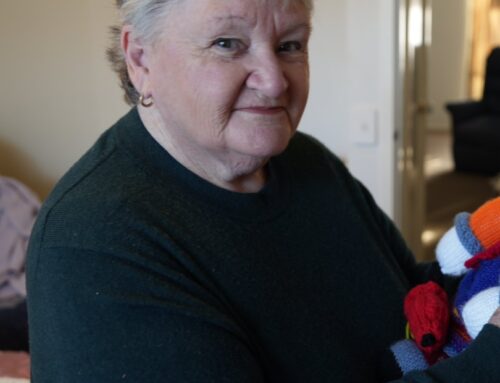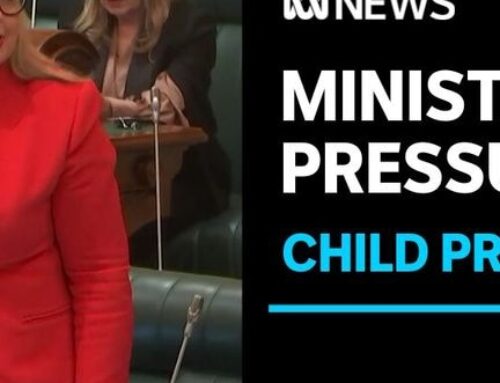Hayley Ramsay-Watkinson is still perplexed about how it took a fertility issue in her late 20s for her to finally learn about reproductive health.
“[I went to] a Catholic school, so perhaps there was a little bit of a veil over what was being talked about. It was really more about the mechanics of reproduction and how to not get pregnant,” the now 37-year-old said.
“I remember a couple of years after high school … talking to my girlfriend about our lack of knowledge.”
Hayley, who lives in the South Australian Riverland region, is not alone in finding out more about her body, and the reproductive issues women can face, later in life.
Fertility specialists see many women, and their partners, who don’t know a lot of basic information about their reproductive systems.
The medical director of fertility clinic Repromed SA and NT, Juliette Koch, said knowledge was variable and dependent on exposure, but for the general population it was “on the poorer side”.
“Most people generally don’t have a good understanding of their fertility, or of age and the impacts of various conditions on fertility,” Dr Koch said.
“I don’t think we get enough education about that at a younger age.”
Bumpy road, fruitful returns
Now a mother of two, Hayley’s journey to parenthood wasn’t as straightforward as she hoped.
She became aware of her fertility issues “way before I wanted to conceive children” and “almost by accident”.
“It started with a routine pap smear,” she said.
“There was a polyp on my cervix, so I went into surgery to have that removed, and then endometriosis was discovered.
“I don’t know whether I was just absorbing, or kind of catastrophising, but I just always had a feeling there might be something going on with me reproductively.
“I had hoped that I would be one of those really lucky people that would fall pregnant easily.”
Hayley and her husband Stuart started their journey with in-vitro fertilisation (IVF) in 2019.
After a “varied experience”, their daughter Piper was born in January 2021, followed by her brother Theodore in November 2023.
Before the information came flooding in through various doctors and an online community, Hayley said she lacked important knowledge that would have been beneficial to learn when she was younger.
“If I was supposed to know [about] it I was probably in a really good spot, having an all-girls’ health education,” she said.
While reflecting on the knowledge gap with a high school friend, Hayley got the idea to write a book on the “things we didn’t know” but probably should have been taught.
Where the information comes from
The latest Repromed polls on fertility knowledge showed women were learning from several sources.
“A bit over 50 per cent of women get their information from their GP, 40 per cent were getting it from online sources, and about 10 per cent were getting it from family and friends,” Dr Koch said.
“I would say most people didn’t learn anything much in school. In fact, everything they learned was like the fear of getting pregnant.
“We spend the first 10 years of our sexual life trying desperately hard not to get pregnant, and being so fearful of it, that when people do start trying and it doesn’t happen it’s a bit of a shock.”
The national curriculum — developed by Australian Curriculum, Assessment and Reporting Authority (ACARA) — addresses reproductive and sexual health from foundation to year 10 in Health and Physical Education (HPE).
“Students learn about reproductive and menstrual health in an age-appropriate way in both primary and secondary school, including managing and understanding changes in the body over time,” an ACARA spokesperson said.
Dr Koch said while the information currently delivered in classrooms was important, reproductive health education could be developed for stronger knowledge in the final years of schooling.
“Late teens to early 20s is when it would be appropriate to talk more about fertility,” she said.
“About how age impacts our fertility and family planning being not just about avoiding pregnancy, but about trying to work out when the best time to have a family is and how to fit that in around your goals.
“For women to make good decisions they need to know more.”
Along for the journey
Hayley is grateful to finally have the information she didn’t have earlier in her adulthood.
“I now feel quite empowered with information that most women wouldn’t have,” she said.
She said she was thankful to have Stuart by her side, learning along the way as she did, but also to the support system she found online.
“He was completely involved in our fertility experience. It wasn’t just on my shoulders to do the learning and the emotional heavy lifting,” she said.
“I [also] learned so much through other people’s stories.
“What could have been a really lonely journey for me became really abundant in terms of a community.”
Get our local newsletter, delivered free each Tuesday





